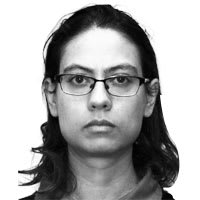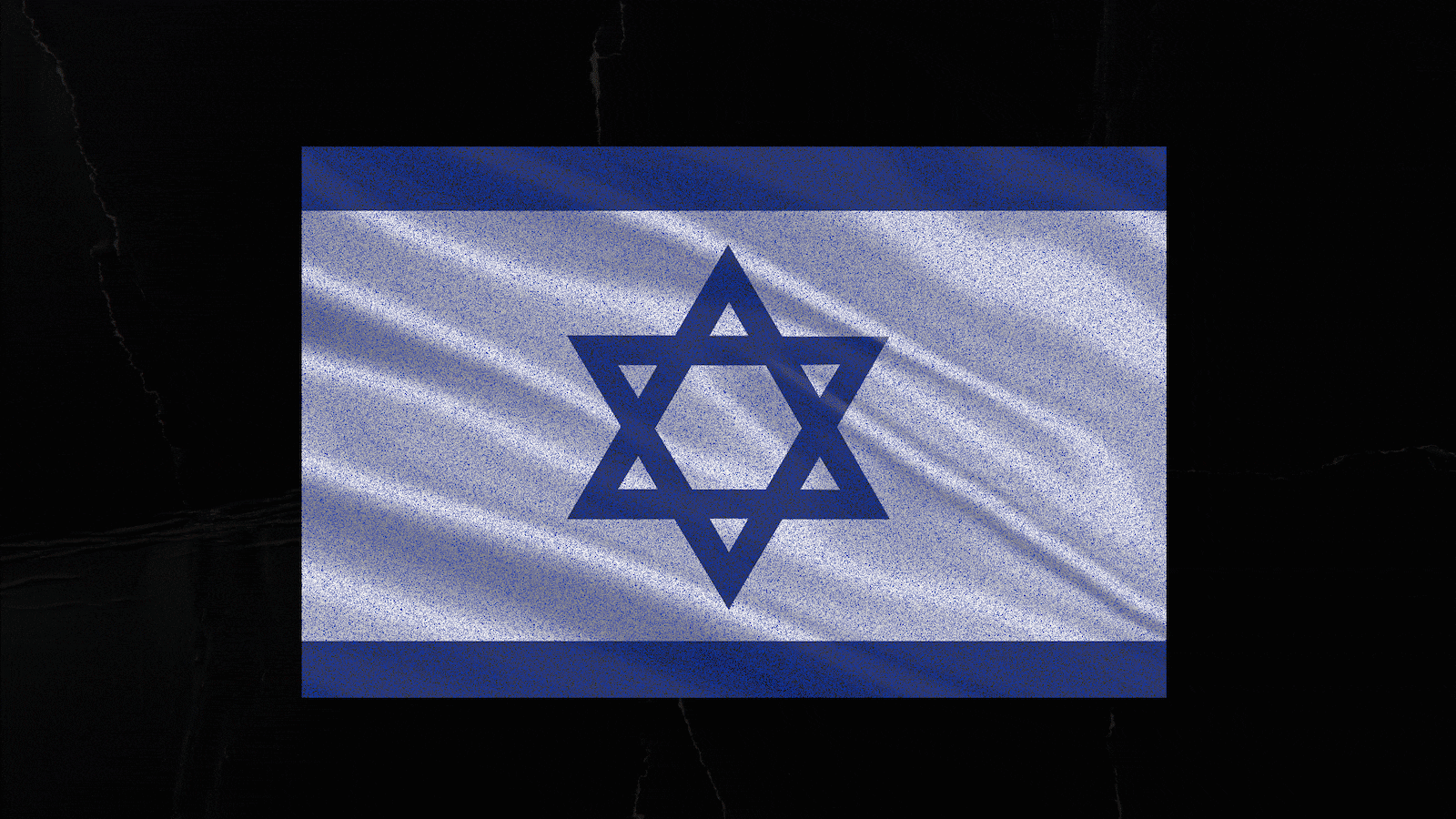Katie Halper, the left-wing writer and commentator, wrote earlier this month for The Daily Beast about being “canceled” from her job on The Hill TV’s YouTube show, Rising, for criticizing Israel. That’s a respectable, almost heroic claim: a journalist losing her job for speaking the truth and standing up to the bad guys.
I don’t know what happened behind the scenes of Rising and I’m not writing on behalf of Halper’s former bosses. Regardless, the commentary that got her fired—which defended Democratic Rep. Rashida Tlaib’s characterization of Israel as an apartheid state—played fast and loose with the facts and was, ultimately, simply incorrect.
Israel is not an “apartheid state.” According to Merriam-Webster, apartheid is a “racial segregation” and specifically, “a former policy of segregation and political, social and economic discrimination against the nonwhite majority in the Republic of South Africa.”
This definition is easy to dissolve: Israel does not have a racial segregation implemented by law. It’s an easy fact to check.
There are Arab citizens—citizens with full, equal rights—in the Israeli parliament, the Knesset, as well as in the Israeli court system, including the Supreme Court. There are Arab doctors, professors, policemen, teachers, and countless other professions, working side by side with Jews. Not all of them consider themselves Palestinians, and it is not for Halper (or anyone else) to define their national identity for them. And there are many Druze and Bedouins, who are part of the Arab population in Israel, who serve in the Israel Defense Forces.
Calling Israel an apartheid state also flattens a complicated, but crucial, issue: it does not distinguish between the state of Israel within the Green Line—Israel’s eastern border prior to the 1967 Six Day War—and the occupied West Bank.
Make no mistake, Israel’s occupation of the West Bank and its blockade of the Gaza Strip is a decades-long and ongoing war crime—with ethnic segregation and no equal protection under the law. But it is not within the state of Israel.
Claiming that it is, and looking at everything between the Jordan River and the Mediterranean Sea as one entity, is not only wrong, it also plays into the hands of the Israeli right and the Jewish settlers, who insist that the West Bank is (and will always be) part of “Greater Israel.” I’m not a mind-reader, but I’m confident that this is not what Halper or Tlaib have in mind with their critiques of Israel.
At this point, I should make it clear that I am no apologist for the Israel government, or the violence it has inflicted on the Palestinian people.
I spent more than two years in prison after leaking classified documents that exposed some of Israel’s wrongdoings in the West Bank.
No one can say I don’t support the Palestinian struggle for independence, nor can anyone accuse me of not advocating—at the cost of my own freedom—for the end of the immediate end to the Israeli occupation of Palestinian territories. And I’m fortunate and proud to work for a news outlet, Haaretz, that advocates on a daily basis—within Israel—to end the occupation, both in its news coverage and in its opinions sections.
Yes, there’s discrimination and racism against Arabs in Israel. Landlords are reluctant to rent out their apartments to Arab students; “mixed” relationships are, sadly, still controversial and often face widespread disapproval; and a Knesset member who threatens—proudly—to deport the Arab citizens after the upcoming election is growing more popular, mostly among the young voters. And they are worthy of forceful, unequivocal condemnation. But even taken collectively, they do not equate to apartheid.
What’s most wrong with calling Israel an apartheid state, aside from just being inaccurate, is the damage to the possible cooperation with people within Israel who are on your side and want to end the occupation. When you’re making everybody part of the problem, it’s hard for us to be part of the solution—either because we don't feel welcome, or if we are explicitly told so.
There are many people in Israel who support the two-state solution, who fight against racism and want to live just, peaceful lives. Don't make us accomplices to a crime that isn’t really happening. Let’s focus on the one that does.
Facts matter, and words matter.
Halper, Tlaib, and pro-Palestinian advocates the world over are entitled to their opinion. They can, and should, advocate for the causes they believe in. But misrepresenting the facts and distorting the meanings of words is not the way.
Anat Kamm is the deputy editor of the opinions section at Haaretz.








